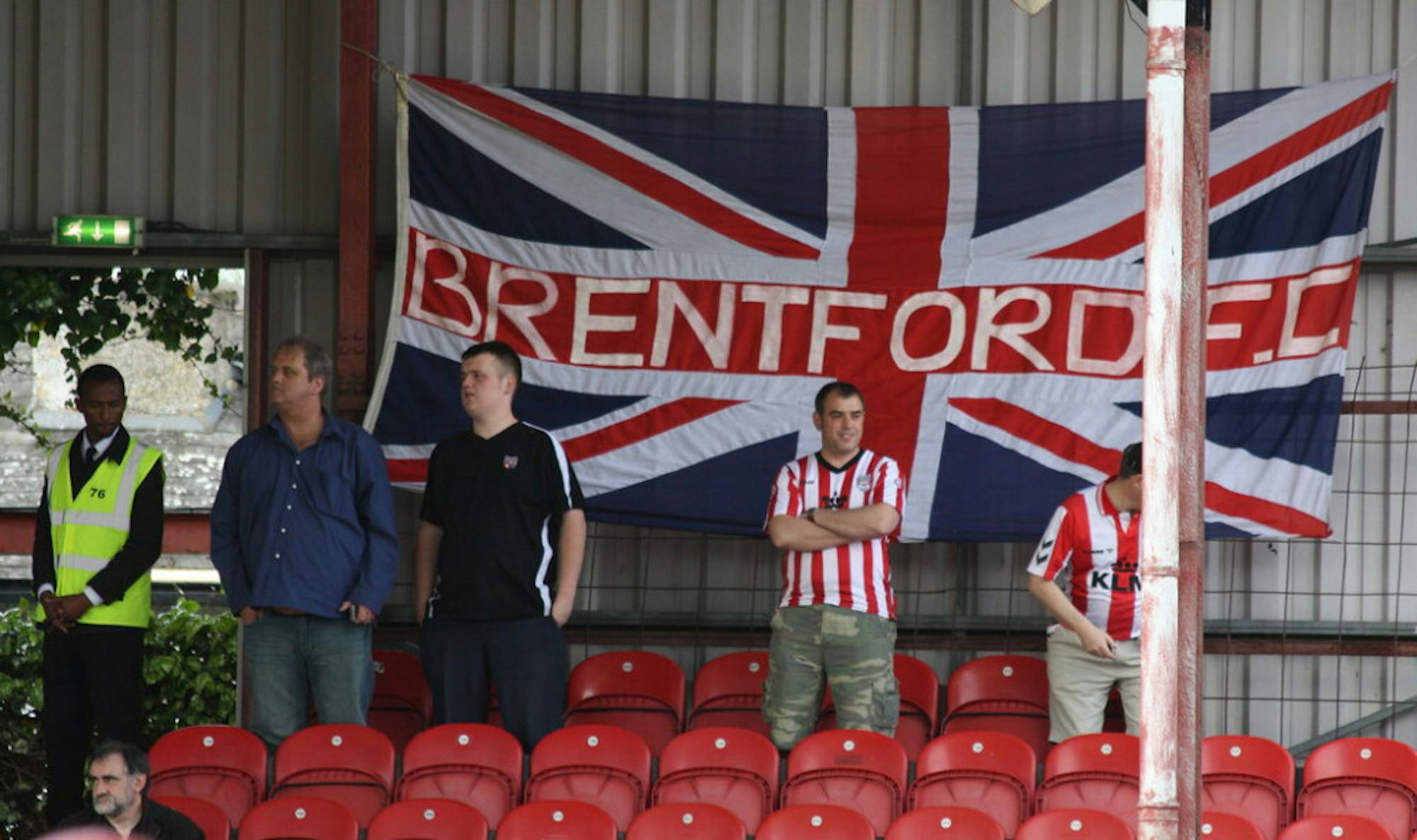Six seasons ago, Brentford F.C. found itself in the third tier of English football. Today, after a 74-year absence from the top flight, the small club from West London is mid-table in the Premier League.
With a modest stadium capacity of just over 17,000, Brentford is economically dwarfed by its competition. So how did these minnows climb the daunting ladder of English football?
According to Brentford's co-director of football, “If David wants to beat Goliath, you can’t do that by using the same weapons.”
With a decade under the ownership of Oxford physics graduate Matthew Benham, Brentford has remodeled its transfer and player development strategy on the foundations of data, earning countless comparisons to the iconic “Moneyball” approach used in MLB by Billy Beane in 2002. Benham made his name through his professional gambling firms SmartOdds and Matchbook, where he used analytics to gain insight into the fine margins of football matches. Having tested his quantitative approach at Danish side FC Midtjylland, a club he bought in 2014, Benham applied a similar philosophy with Brentford, which now specializes in recruiting underperforming players with extremely high potential.
Rasmus Ankersen, Brentford's co-director of football, claims that these “whispering talents” are either misjudged at a young age at top academies or are simply not being maximized in their club or league.
A prime example is Neaul Maupay of Brighton, which is another Premier League club. In 2016, Maupay struggled for goals at Saint-Étienne and was loaned out to Brest in the second division of French football. There, his goal tally improved, but he still had the reputation of being an inconsistent striker. Brentford’s analysis, which includes data from tracking maps and expected goals, indicated that Maupay’s profile would fit its playing style. Having debuted at just 16 and suffered a few injuries, Maupay was yet to blossom into his prime. Ankersen claimed that “Maupay wasn’t a perfect player,” often described as “too aggressive, too angry,” but it was about “getting an unfinished package and making it better.”
After a transfer of 1.6 million pounds, Maupay proved instrumental in Brentford’s push for promotion. In 2019, on the back of several impactful performances for Brentford, Maupay was sold to Brighton for 20 million pounds. Last season, Maupay’s goals were crucial in Brighton avoiding relegation and he now finds himself on the scoring charts alongside the likes of Sadio Mané and Son Heung-min. Still only 25 and with a valuation of40 millionpounds, Maupay is on the radar of Napoli and Everton, indicative of what a specific environment can do for a player in just a few years.
Another piece of Brentford’s puzzle was Ollie Watkins. Bought for just 1.8 million pounds from lower-league Exeter City in 2017, Watkins scored over 26 goals in all competitions in the 2019–20 season. Forming a formidable duo with Maupay, the young English winger turned center-forward was eventually sold to Aston Villa for a record fee of 28 million pounds. Last summer, he even made the provisional squad for England’s European Championships.
Alongside its strategic player recruitment, Brentford has restructured its academy to cut costs and avoid losing prodigies to wealthier clubs. Before deciding to close the academy and transition to a B-team model in 2016, Brentford spent over 1.5 million pounds a year on its youth academy. The last time the academy produced a first-team player was in 2005, and has since struggled to retain exciting talents like Ian Poveda, bought by Manchester City for just 30,000 pounds.
The B-team model eliminates this risk of “player poaching” through financial regulation and focuses on developing elite players (ages 17–20) released by other academies. Since the transition, the B-team has produced over 15 debutants who are regularly tested against U-23 academy teams across the continent. Ankersen claims that to survive in such an economically skewed market, Brentford must out-think its competition since the team can’t outspend the likes of Liverpool and Manchester United. In a way, this budget constraint has forced efficient investment.
Apart from buying younger players who are hungry to prove themselves, like current star Ivan Toney, Brentford has pioneered set-piece innovation. With specialist coachGianni Vio at the helm, famously dubbed Italy’s “secret weapon” in its Euro 2020 triumph, Brentford has found margins to win tight games out of nothing. This was evident from its first game, with a goal off of a carefully executed throw-in routine against Arsenal.
The club’s obsession with detail and planning should inspire many throughout the sporting world, in particular smaller teams whose finances are slim, that success is possible even with the odds stacked against you. ForBrentford, this chapter has only just begun, but it’s clear that the bees are buzzing and are clearly here to stay.






